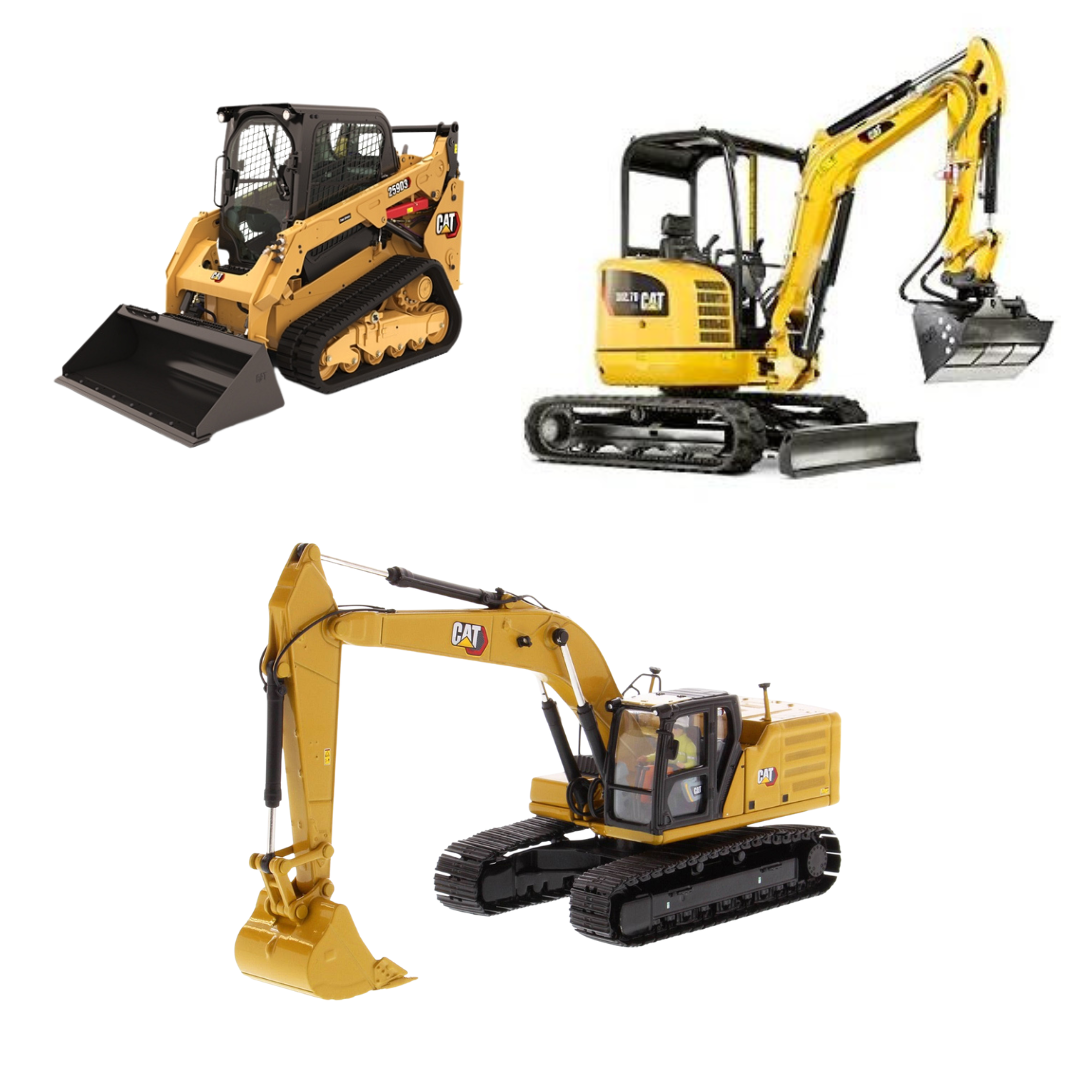Dozer Rental: Powerful Earthmoving Equipment for Your Construction Requirements
Dozer Rental: Powerful Earthmoving Equipment for Your Construction Requirements
Blog Article
Optimize Your Budget Plan by Understanding the Costs Connected With Building Devices Rentals
Comprehending the complete extent of expenses related to building and construction devices rentals is essential for optimizing your budget plan. While the initial rental cost may appear simple, various additional expenditures-- such as transport, gas additional charges, and upkeep-- can quickly collect, impacting your economic planning. Moreover, recognizing various costs and the intricacies of rental arrangements can help stay clear of unexpected economic burdens. What techniques can be used to efficiently handle these prices and guarantee a much more reliable rental experience?
Overview of Rental Prices
When thinking about building and construction devices rentals, comprehending the associated expenses is paramount for efficient budgeting and project preparation. Rental prices can vary significantly based upon numerous elements, consisting of equipment kind, period of leasing, and area. The initial rental charge commonly reflects the devices's market need and its associated functional capacities, influencing the general expenditure.
Along with the base rental price, secondary costs may emerge, such as transportation charges, gas surcharges, and upkeep charges. It is vital to represent these additional costs to properly analyze the overall price of renting out equipment. The rental period can impact pricing; longer leasings may qualify for reduced prices, while temporary services could sustain greater day-to-day charges.

Failure of Rental Prices
A detailed understanding of rental rates is essential for contractors and task supervisors intending to enhance their budgets. Rental rates for building and construction tools normally include a number of components, consisting of base prices, time-based charges, and use fees.
Base prices are the core charges linked with the leasing of the devices, usually established by the kind and size of the machinery. These rates can vary substantially, influenced by aspects such as equipment demand, schedule, and regional market patterns. Time-based charges, which might be daily, weekly, or monthly, offer to fit various job timelines and rental periods.
Additionally, rental prices may consist of usage costs, which apply when devices is utilized past a specified threshold, ensuring that the rental company can represent deterioration. Seasonal need changes can likewise impact rental prices, with peak building periods typically regulating greater prices.
Furthermore, understanding the rental firm's policies pertaining to maintenance and insurance can offer further understanding into the overall cost framework. By examining these parts, contractors can make enlightened decisions, guaranteeing the option of rental devices lines up with both job demands and budget restraints.
Added Charges to Think About
Comprehending the details of added charges is important for professionals to manage their overall service expenses successfully. Past the common rental rates, different additional fees can considerably influence the complete expense of devices service. These costs often include delivery and pick-up fees, which can differ based on distance and logistics associated with transporting the devices to and from the job website.
Additionally, some rental business might impose fuel surcharges if the devices is returned with less fuel than when leased. It is additionally necessary to recognize potential cleaning charges, particularly for specific devices that calls for complete upkeep after use.

Completely evaluating the rental arrangement and clarifying these extra charges upfront can help contractors make sure and stay clear of unforeseen expenses that budgets continue to be undamaged throughout the project lifecycle.
Upkeep and Fixing Costs
Regular repair and maintenance costs are usually forgotten variables that can substantially affect the general cost of building equipment leasings. When renting out tools, it is vital to consider not only the rental fees but browse around these guys additionally the prospective prices associated with maintaining the equipment in optimum operating condition.
Many rental business include fundamental maintenance as component of the rental arrangement; nonetheless, more unanticipated break downs or substantial repair services can result in extra expenses. It's visit the site crucial to review the rental agreement very carefully to recognize what maintenance services are covered and what duties fall on the occupant.
In addition, devices that is not properly maintained can lead to ineffectiveness at work site, possibly enhancing and causing delays job expenses. To alleviate these risks, it is suggested to perform regular evaluations and maintain open interaction with the rental company regarding any kind of concerns that emerge during use.
Insurance Policy and Obligation Expenses
Insurance coverage and responsibility prices are important parts that can considerably affect the overall expenditure of building equipment services (equipment rental company). These expenses make sure that both the rental firm and the client are protected from possible financial losses emerging from accidents, damages, or theft during the rental period

Furthermore, customers ought to know any deductibles or exemptions in the insurance coverage, as these can influence potential out-of-pocket expenses. Recognizing the conditions of any type of insurance policy protection is crucial to avoid unexpected costs. Eventually, budgeting for insurance policy and responsibility costs can assist make certain a smoother rental experience and secure versus financial dangers related to building and construction projects.
Final Thought
In conclusion, a detailed understanding of the prices linked with building tools rentals is crucial for reliable budget plan monitoring. Eventually, informed decision-making relating to devices rentals contributes to the general success of building ventures.
Rental prices can differ dramatically based on numerous variables, consisting of devices kind, duration of service, and location (construction equipment rentals). The rental period can influence prices; longer rentals might qualify for affordable prices, while temporary leasings could incur higher everyday charges
By conducting detailed study and engaging with trustworthy rental business, professionals can successfully browse the intricacies of rental rates, inevitably optimizing their financial sources.
Past the conventional rental prices, numerous supplemental fees can dramatically influence the complete expense of tools service. Rental business often offer liability insurance coverage that covers injuries to third parties or damages to property, while equipment damages insurance policy can cover the expense of repairs or substitute if the rented out equipment is damaged.
Report this page